Participating in the WMP project was a meaningful experience for me, helping me to better understand the positive impact of this program on the community. The WMP program has been operating in Vietnam since 2006 with the aim of controlling mosquito-borne diseases, especially Aedes aegypti mosquitoes, the main vector causing diseases such as dengue fever, Zika and chikungunya.

Dengue fever is a serious public health problem in Vietnam. An average of 80,000 to 100,000 cases of dengue fever are recorded each year, with dozens of deaths. The WMP program uses a novel biological method to control mosquitoes. This method uses the Wolbachia bacteria to make male mosquitoes unable to reproduce with females. When Wolbachia male mosquitoes mate with wild female mosquitoes, the eggs will not hatch.
In 2022, the WMP program started releasing Wolbachia mosquitoes in two locations: My Tho City, Tien Giang Province and Thu Dau Mot City, Binh Duong Province.

I had the opportunity to record images of the Wolbachia mosquito release process and the positive impact of the WMP program on the community. I witnessed the efforts of the WMP staff in releasing mosquitoes safely and effectively. People in the areas where Wolbachia mosquitoes were released said they were less bitten by mosquitoes and the number of dengue cases also decreased significantly.


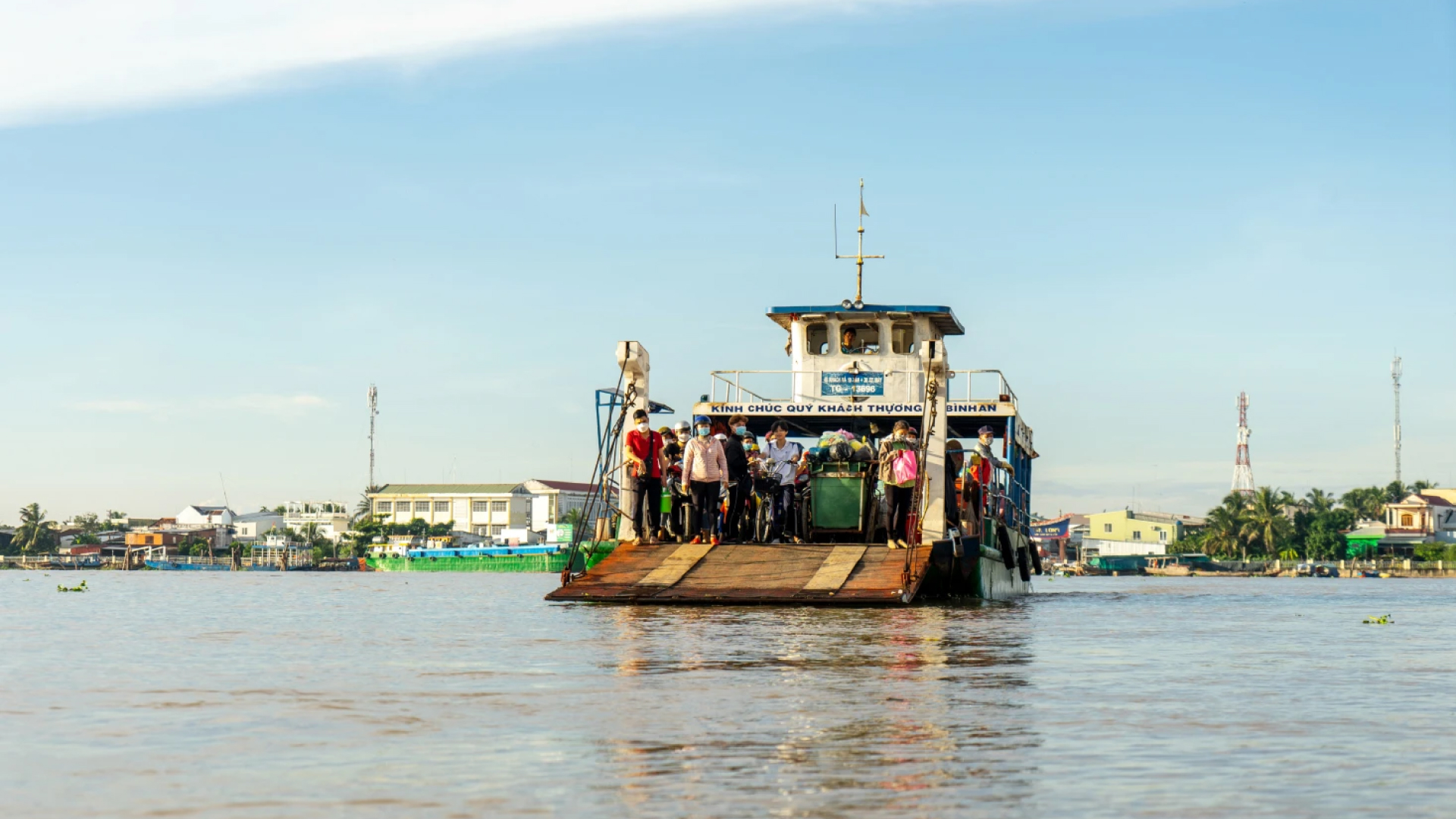
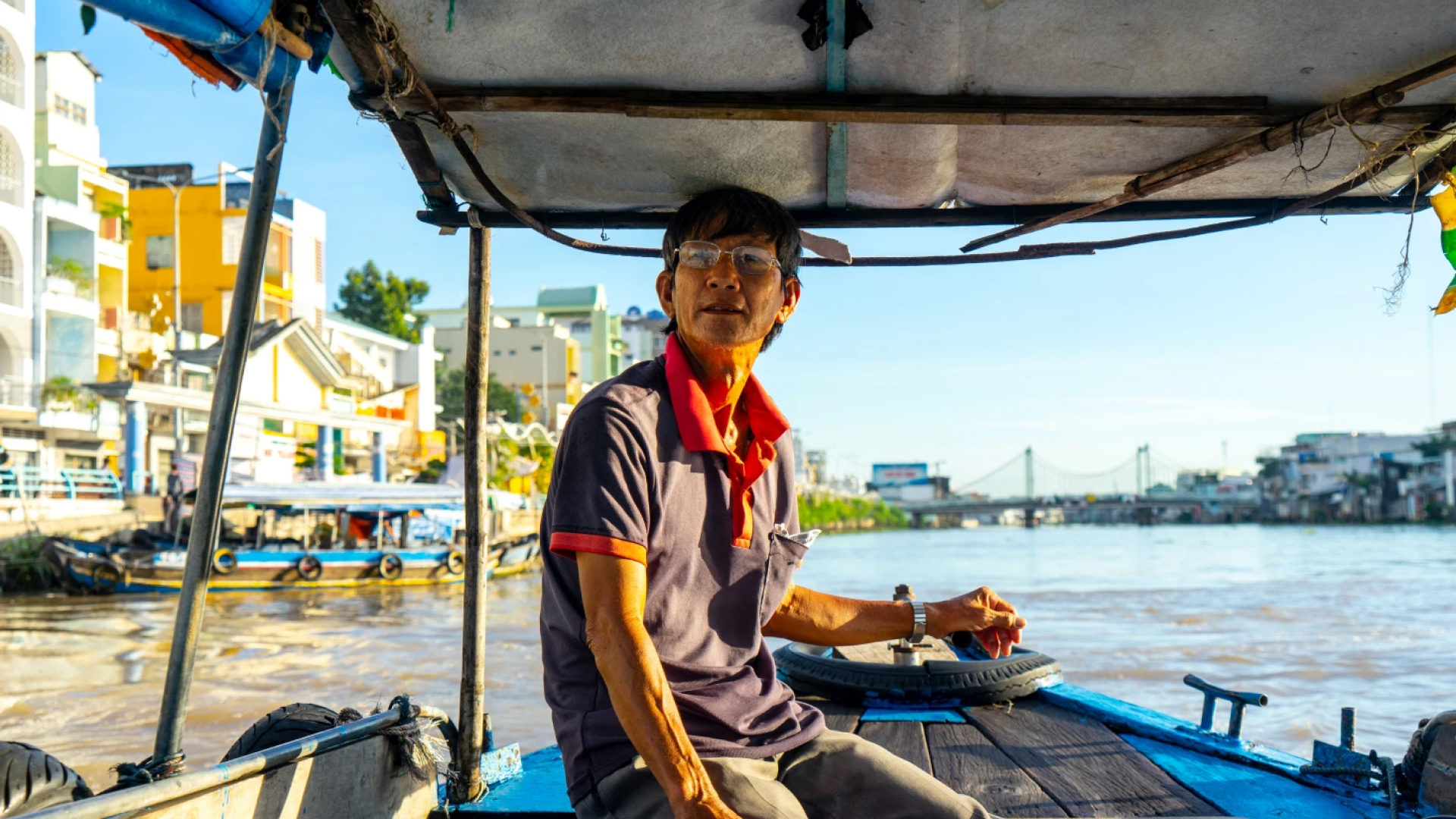
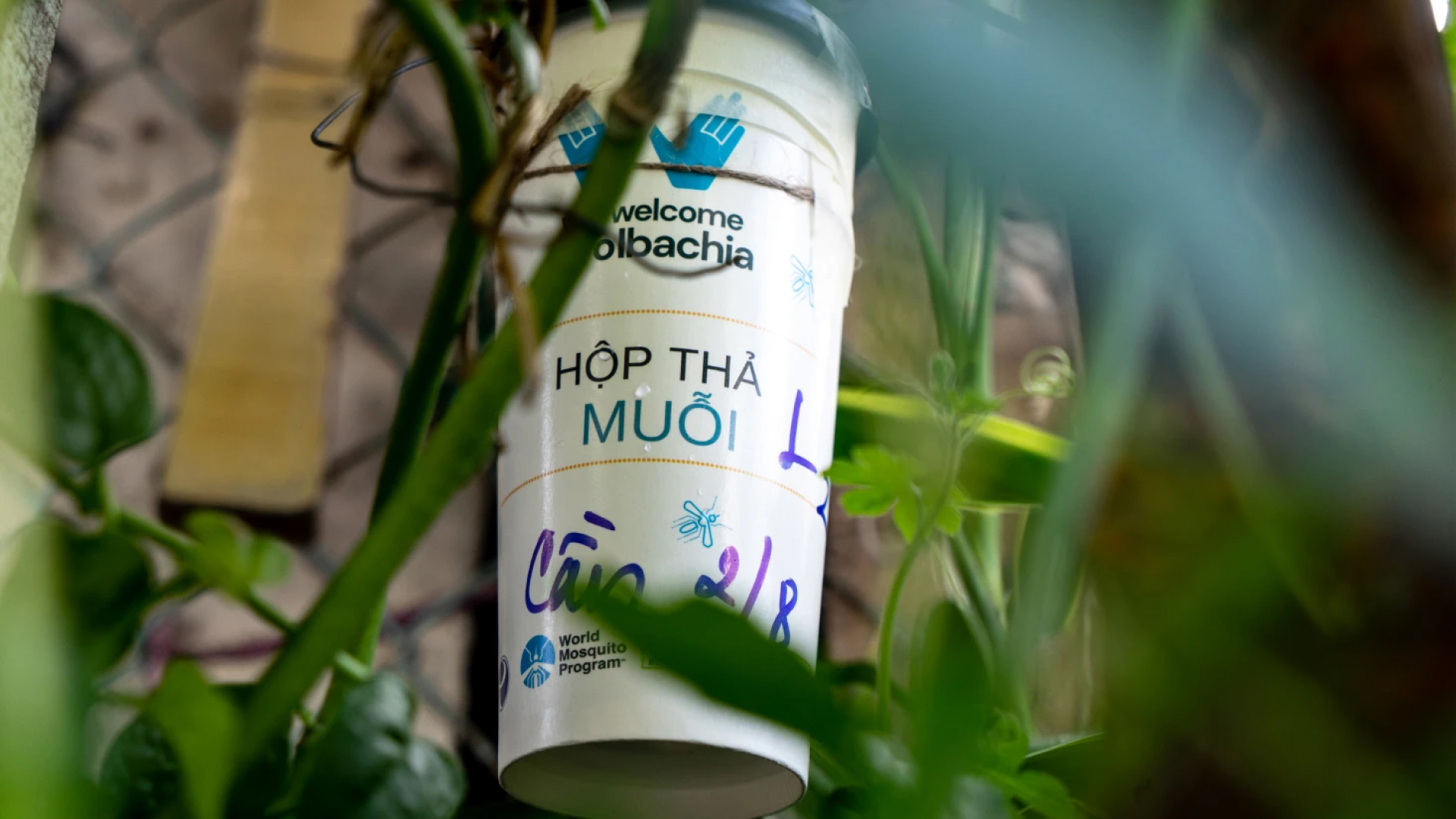
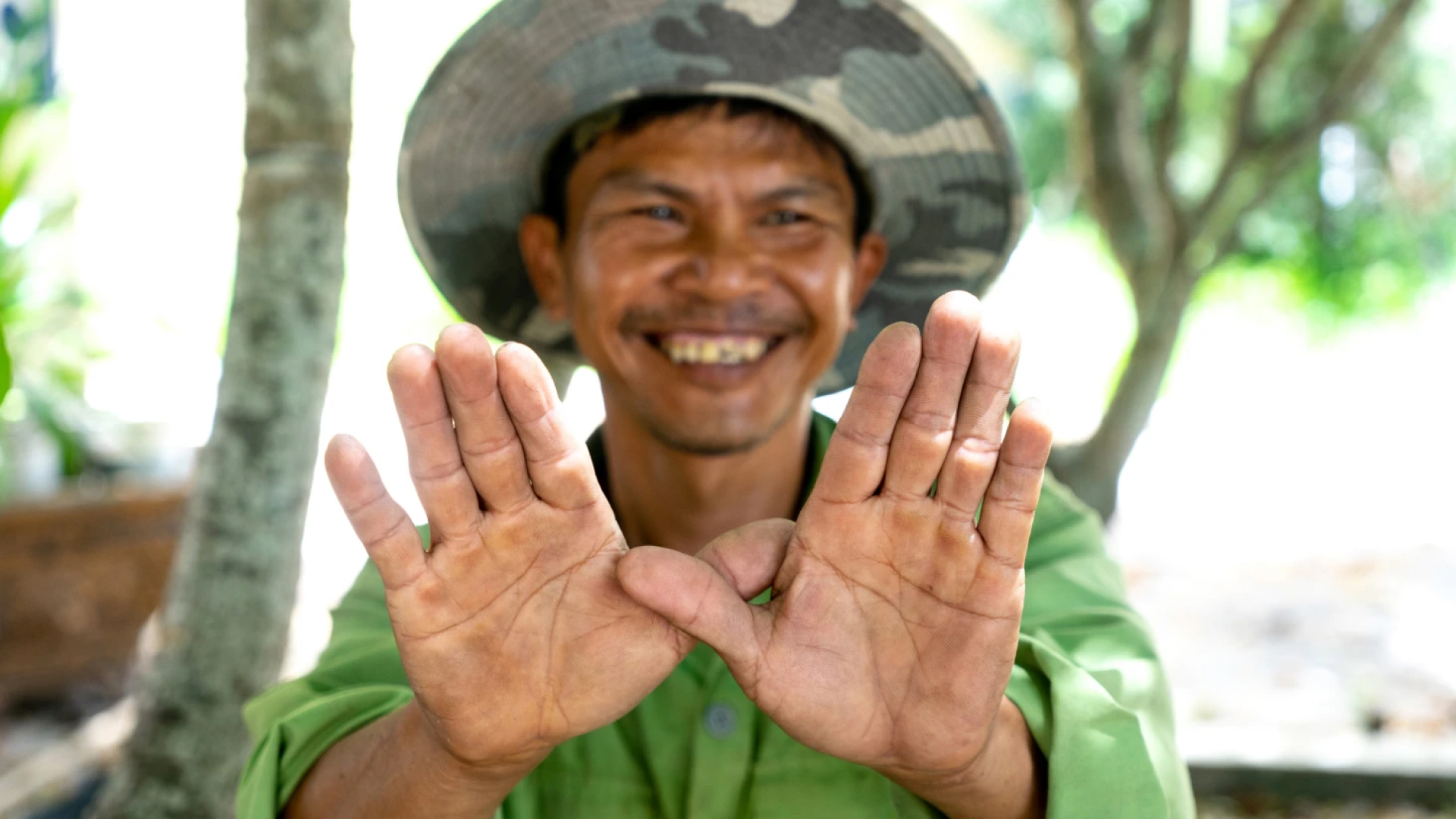
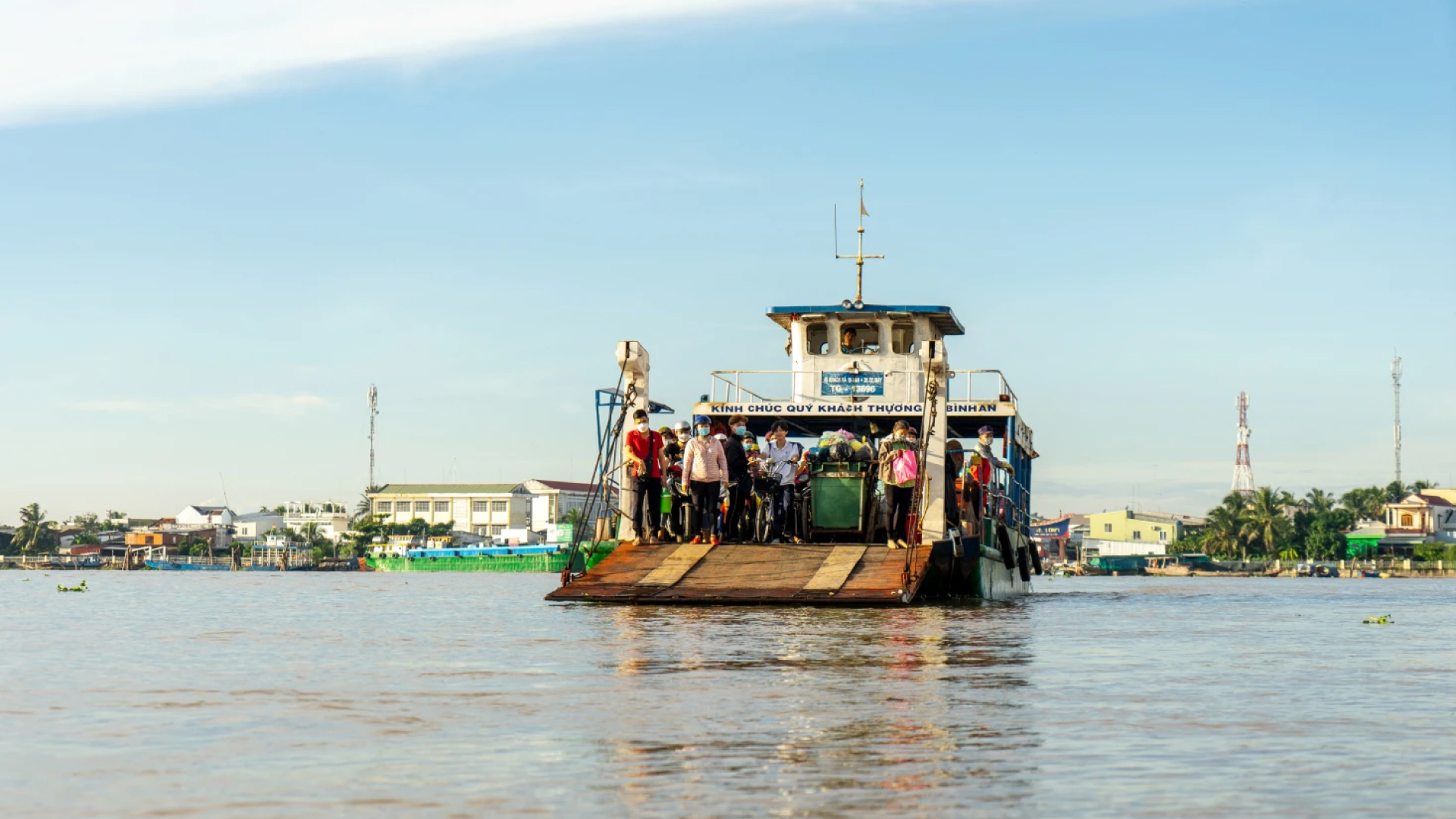

 Vi.
Vi.




